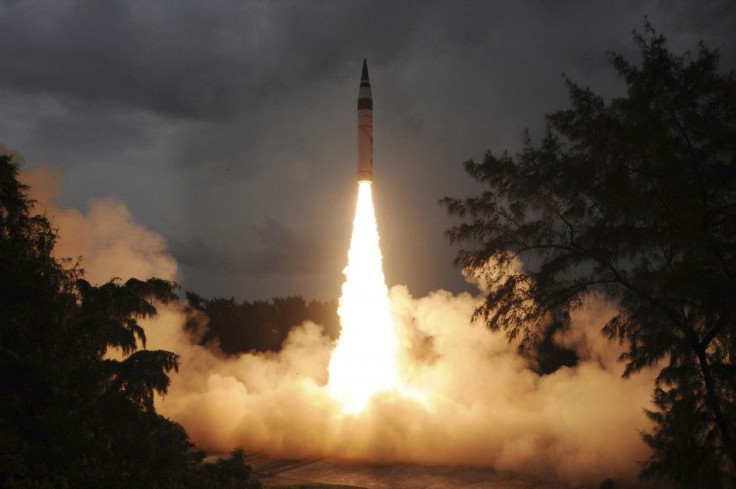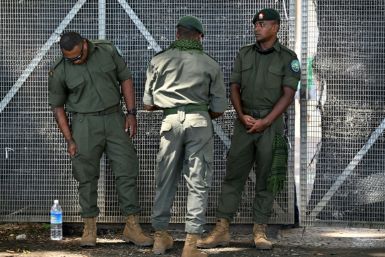Australia-India Uranium Deal Under Scrutiny For 'Lack of Safeguards'

Australia's uranium deal with India is under scrutiny following the warning of a former chief atomic watchdog that the treaty did not have all the safeguards necessary to prevent India from fuelling its nuclear bombs.
The treaties committee of Parliament was urged to endorse the deal signed by Australian Prime Minister Tony Abbott in September before exports of uranium can begin, The Age reported. However, John Carlson, former head of Australia's nuclear safeguards organisation, told the parliament committee that the nuclear weapons programme of India is expanding with complex links to non-government reactors.
Analysts fear the warning may become a reason for the Labor party to scale back its support as it was partially opposed to the sale of uranium to India in the beginning and put an end to a proposal during the Howard government. Labor had a change of heart in 2011 when it was urged by former Prime Minister Julia Gillard and the promise of strict guidelines.
Carlson warned that the treaty signed by Mr Abbott had lower measures of protection that the other uranium deals the government has approved with Russia or China. In his submission to the parliament committee, Carlson said the proposed deal with India would not allow for a definite monitoring of uranium used in India's nuclear programme. He added that Australia will have no right to demand a return of uranium from India if the agreement is violated as it is possible with other 41 countries in the same export deal.
According to reports, India has between 90 and 100 nuclear weapons, and the country has refused to enter into international disarmament treaties. Many nuclear reactors in India are designed for both the military and public energy needs.
Labor MP Kelvin Thomson said It was not the first time a deal of similar nature was scrutinised by the treaties committee as a past deal with Russia was placed on hold for nearly two years because of fears that yellowcake could be used to fuel nuclear weapons.
In a Hindustantimes report, India has become wary of Australia and U.S. intentions to monitor its nuclear fuel as both countries insist on tracking the fuel cycle of materials like uranium imported from them.






